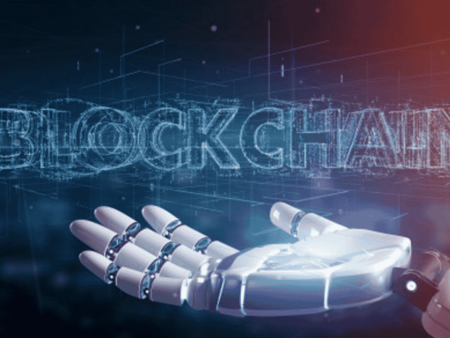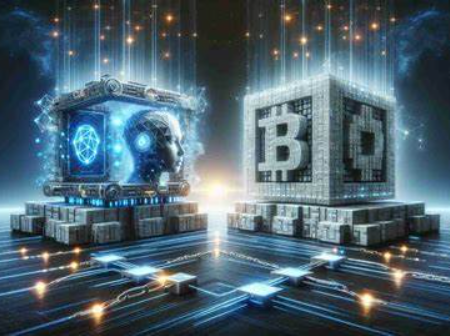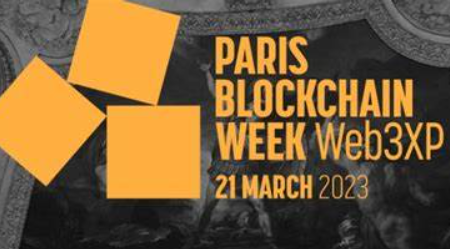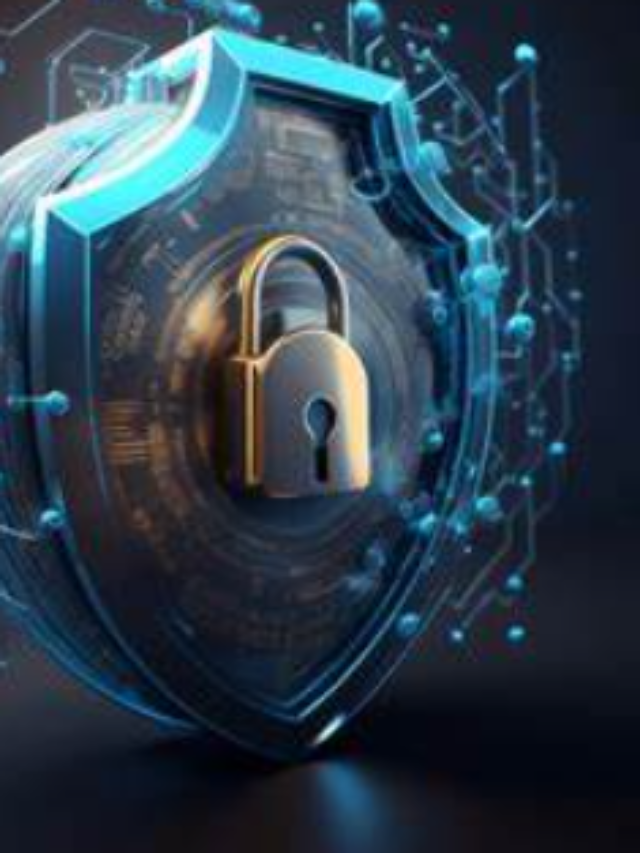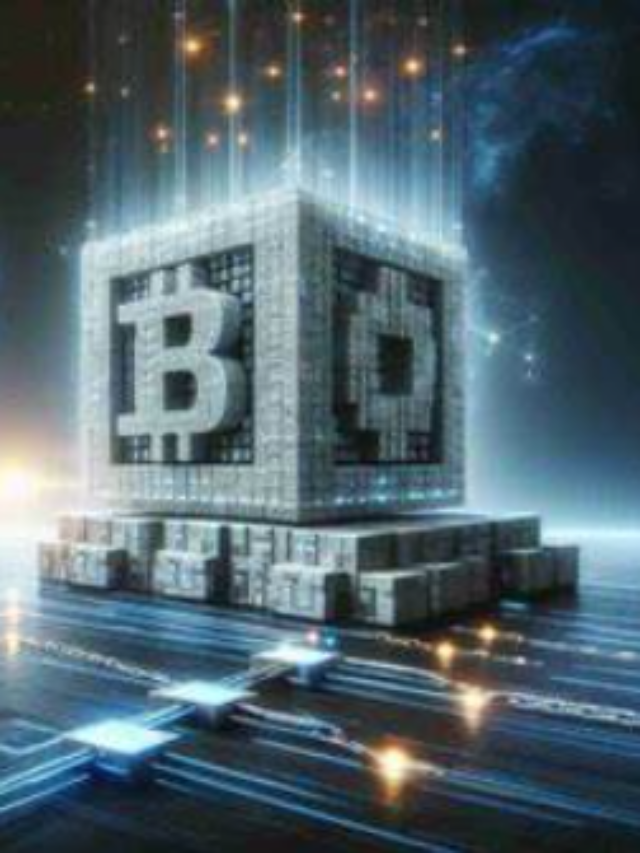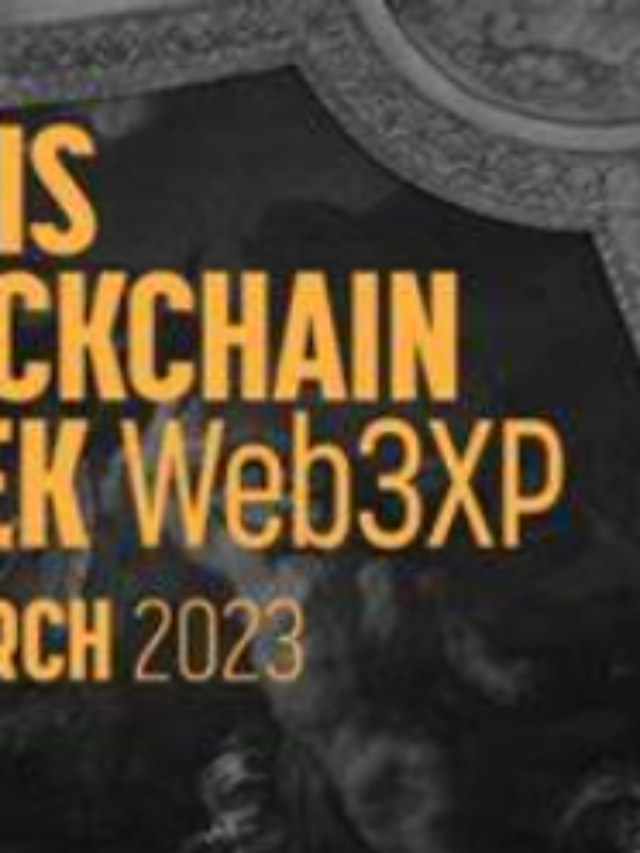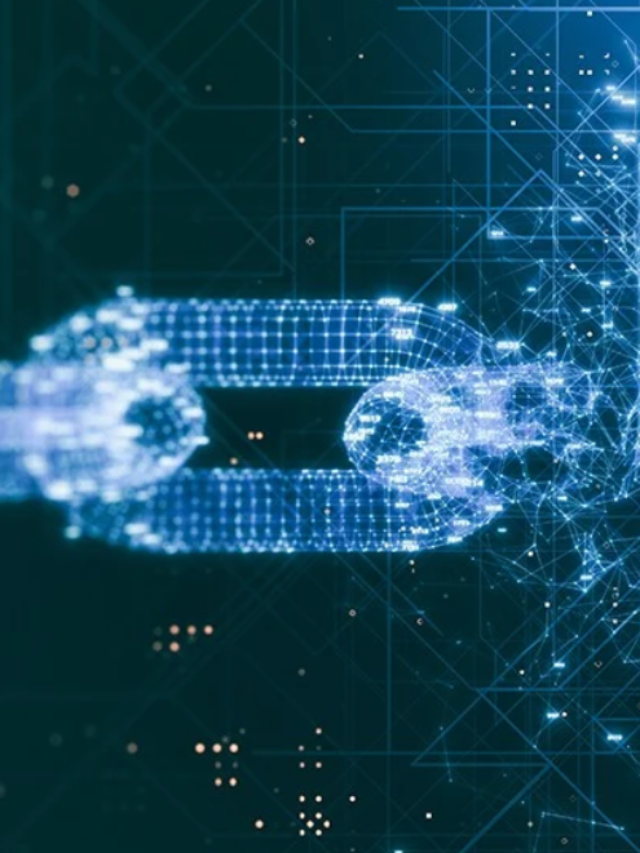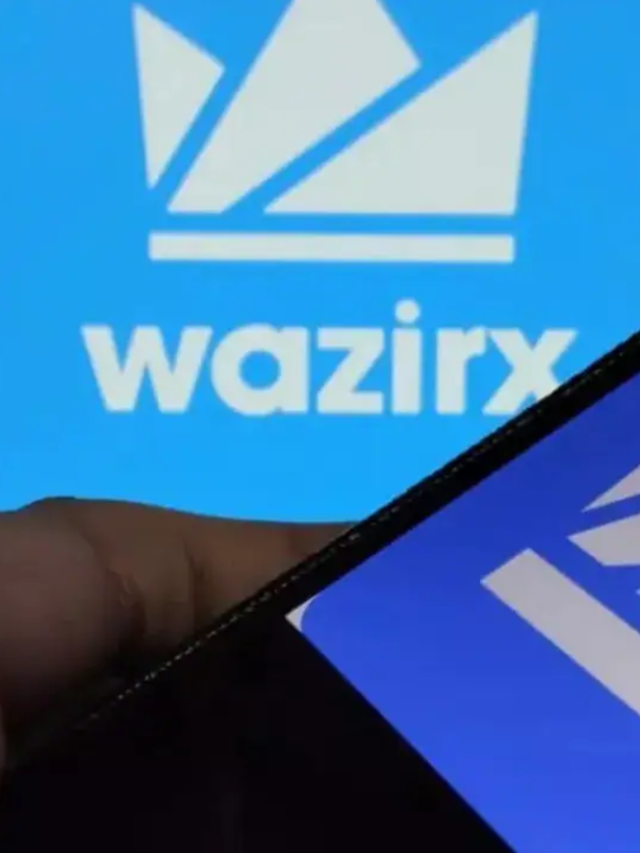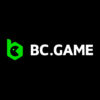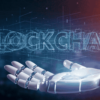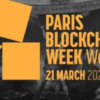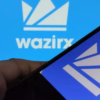Over the past few years, decentralized autonomous organizations (DAO) have emerged as a force for change in governance and decision-making. These new-style agencies operate without centralized control; instead, they use block chain technology to set up transparent democratic decision-making processes. In man-made forms of governance, DAOs provide a democratization: transparent and more efficient working groups based wholly on consent that can form large collectives for their management. By examining the role that DAOs play in governance and decision-making and its impact on society, as well as some of the advantages offered by DAOs along with potential difficulties of continuity for such an organization.
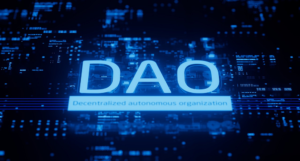
What is a DAO?
DAOs, or decentralized autonomous organizations, are blockchain-based organizations working through smart contracts that make all decisions for them. Unlike traditional organizational structures where authority rests in the hands of a few top officials, DAO has no clear leader. This decentralized leadership structure dates back to the birth and evolution of computers. It is a style of computing in which users have more power than providers every move: Users decide what their machines compute, and service providers simply execute these commands as obedient slaves on behalf of all other users.Each decision is embedded within smart contracts to ensure transparency without falsification or manipulation of the action.
They can be used in the management of capital over all sorts of projects, both extensive and intricate. DAOs are global affairs: with participants from around the planet gathered on a single platform, this decentralized form offers governance, which provides for no single agency or individual authority over decisions to be made.
How DAOs Reshape Government
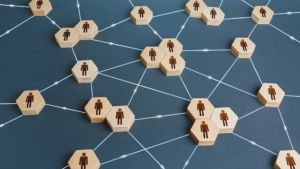
Traditional governance models are often centralized, with a few people making decisions for the entire group. With DAOs, though, all authority is distributed among the members, each of whom has an equal say in issues governing this community. This decentralization was one of the main reasons for DAO’s rapid rise in popularity. With DAOs, decisions are made by vote, with each participant’s voting power being proportional to how much of the organization they own. This process is open to view, and everything that happens is held accountable publicly where nothing can be concealed, thanks to blockchain recording keeping. However, since there are no intermediaries and decisions can be reached more quickly, it is not only cheaper to use but also provides more efficient governance, which results in better decision-making.
What’s more friendly about DAOs is that they result in greater community engagement. Every member now has some say-so power in the outcomes; thus, they are much more likely to actively participate in decision-making.
This manner of involvement from the people translates into all sorts of ideas and results, enhancing decision-making as a whole.
Advantages of DAOs for Decision Making
DAOs contribute in several ways to the goal of decision-making. Firstly, their organization is transparent. Every move a DAO makes is recorded on the blockchain, which is open to anyone and everyone to read. This kind of transparency creates faith between its members because they can and do look into what has been done.
The second benefit offered by DAOs lies in their inclusivity. Unlike traditional organizations that make decisions at the behest of just a few people, DAOs let anyone who wants to come in and participate participate. This kind of inclusivity brings a more democratic mode of decision-making where everyone’s interests are taken into account.
The third benefit is the efficiency of DAOs. Through the use of smart contracts, many of the processes are automated, which means much less manpower is needed. This greater automation thus leads to faster decision-making and a reduced likelihood of mistakes or delays.
Finally, DAO are robust. They operate on a distributed network; therefore, even if one part of the network falls, the DAO can still continue to run, allowing for continuity in decision-making.
Challenges and Pitfalls
Although there are many benefits in DAOs, they are not without challenges. One major problem with DAOs is the complexity of their smart contracts. If a contract is not coded right, this can have unintended consequences such as the loss of funds or the sinking of DAO. So, smart contracts should always be audited thoroughly before going live.
For example, lack of legal recognition is a problem. In many jurisdictions, the legal personality of DAOs is not recognized, which may lead to legal vacuums. Without the subordinate legal person–being; or with limited recognition as such–any conflicts in interest between this non-registered group and other entities or individuals become even more liable to generate uncertainty and dispute.
This lack of recognition makes it difficult for Dao’s to exercise the power of presenting contracts or settle disputes.
In addition, the success of a DAO depends heavily on member participation. If members do not actively engage in its affairs, the DAO may find it hard to make decisions or realize its goals. Ensuring constant input from members is key to making a DAO strategic.
The Future of DAOs in Governance
Despite the challenges, governance offers a promising future for DAOs. As blockchain technology evolves, DAOs are bound to develop capabilities capable of handling governance tasks, it realizes. They afford a glimpse into a future where decision-making becomes much more democratic, open, and efficient.
When DAOs are widely adopted by more organizations and communities, we can anticipate that governance will change in kind. Traditional hierarchies may give way to decentralized systems where power is vested in the hands of all members. This shift could lead to fairer processes of decision-making, which benefit both individuals as well as entities.
Conclusion
DAOs are likely to become a crucial part of the future of governance and decision-making. They do things transparently and participatively, though not necessarily efficiently. Challenges remain, but they are worth the potential risks—and therefore one of its necessary agents for governing evolution is quite probably a DAO.

